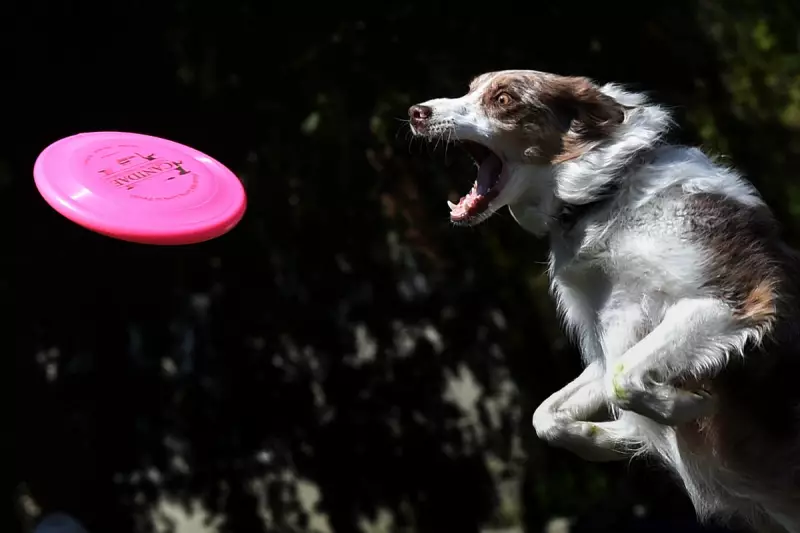
In a pioneering move for veterinary science, researchers in the UK have developed a revolutionary diagnostic tool that could help identify Attention Deficit Hyperactivity Disorder (ADHD)-like symptoms in our canine companions. This breakthrough promises to transform how pet owners and veterinarians understand and manage challenging dog behaviours.
Decoding Canine Hyperactivity
The innovative research, spearheaded by scientists at the University of Helsinki, has been validated for use by British vets. It centres around a comprehensive questionnaire designed for dog owners to complete, meticulously assessing their pet's behaviour across seven key traits: inattention, impulsivity, and hyperactivity – mirroring the diagnostic criteria used in humans.
"For the first time, we have a standardised tool to help determine if a dog's restlessness, inability to focus, or constant impulsivity could be rooted in a neurological condition similar to ADHD," explained a lead researcher on the project.
Beyond 'Badly Trained': A New Understanding
This development is significant for the millions of dog owners in the UK struggling with pets that seem uncontrollably energetic, easily distracted, or unable to settle. Until now, such behaviours were often dismissed as a result of poor training or inadequate exercise.
The new assessment framework allows veterinarians to differentiate between a dog that is simply under-stimulated and one that may have a genuine underlying brain disorder requiring specific management strategies, which could include tailored training, environmental modifications, or in some cases, medication.
Which Breeds Are Most Affected?
The research has already yielded fascinating insights into breed predispositions. The study indicates that breeds traditionally bred for work and high energy levels, such as German Shepherds, Border Collies, and Staffordshire Bull Terriers, tend to score higher on the hyperactivity and impulsivity scales.
Conversely, breeds like the Chihuahua and Long-Haired Collie more commonly exhibited traits related to inattention. This suggests a strong genetic component to these behavioural patterns.
What This Means for British Dog Owners
For UK veterinarians, this tool provides a much-needed evidence-based approach to behavioural consultations. It moves the conversation beyond anecdotal evidence, offering a structured way to diagnose and help the many dogs that might be struggling with these issues.
If you have a dog that seems perpetually 'on the go', struggles to concentrate even on familiar commands, or acts impulsively without regard for consequences, this new research offers hope. The first step is a consultation with your vet, who can use this new methodology to better understand your dog's unique mind and create a more effective, compassionate care plan.





